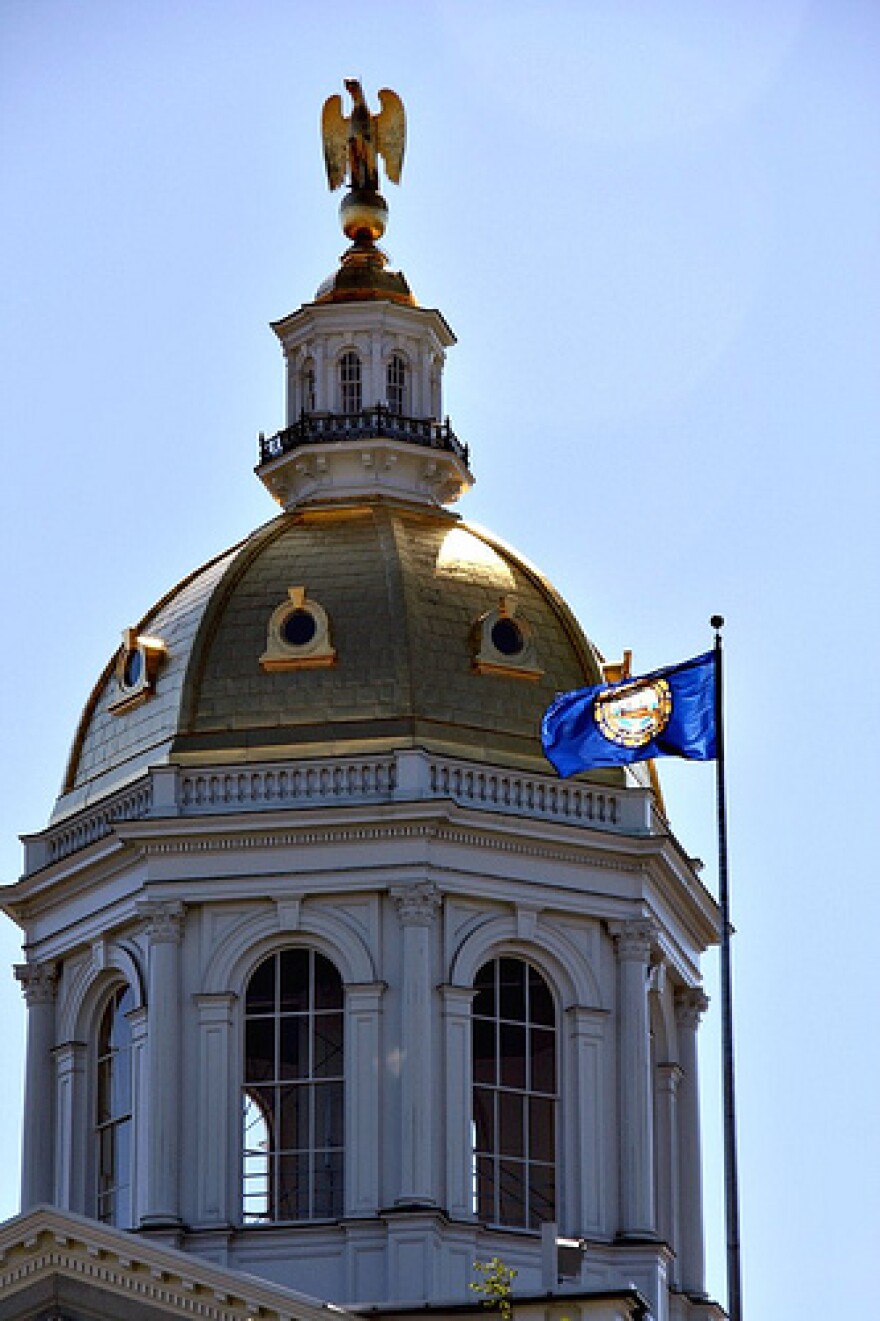State officials have less than two months to detail their plans to spend a major increase in federal opioid dollars.
This is the money Congress made available through the budget deal in March. It's a major boost for New Hampshire - up to nearly $23 million from just $3 million last year.
But attached to the grant are a number of requirements, said state Health Commissioner Jeffrey Meyers, including that the funds only be used for programs that have a data-based track record of success.
It may be a challenge for organizations working on addiction prevention and support, like the state’s many community-based recovery centers, to meet that standard.
New Hampshire is required to allot a significant portion of the new funds to medication-assisted treatment programs, which offer drugs like methadone or Suboxone to block the symptoms of withdrawal. And the Department of Health and Human Services will need to create two new administrative positions, including an opioid director to oversee the grant, Meyers said.
"We're going to have to work with providers to ensure that we can spread this money around the state geographically and that we can fill gaps in capacity and services that we know exist today,” Meyers said.
The state faces a mid-August deadline to submit its plans in an application to federal officials.







